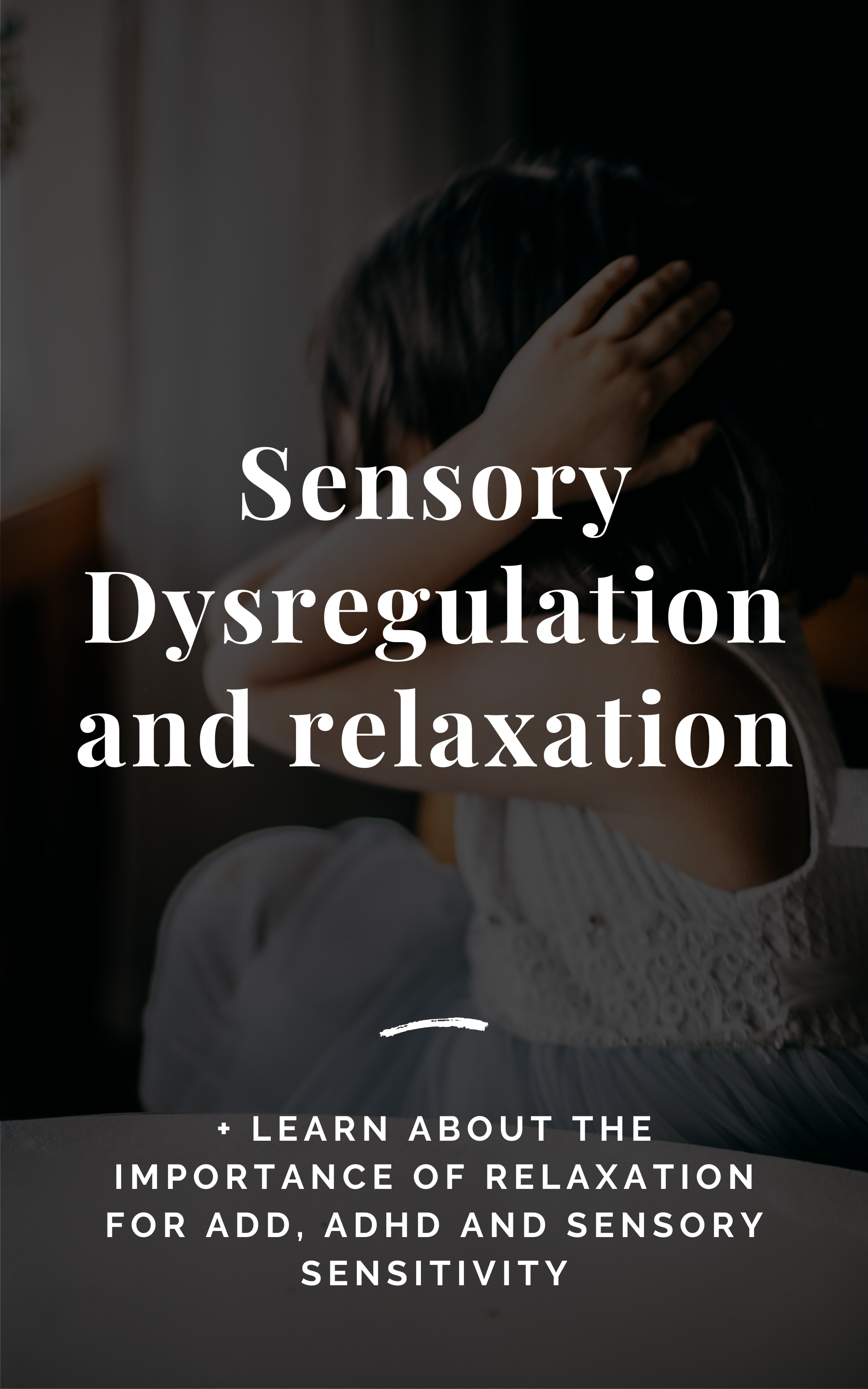All of us are unique and different. Sometimes the exact thing we struggle with is also our greatest asset. When I work with people as a therapist, I never see anything as a fault. It is especially important for parents, teachers, coaches and therapists to remember this. Children can’t always tell us what the world looks or feels like to them and their behavior may suggest a very different story than what is on the inside.
I find this to be most true with kids and grownups with sensory sensitivity of some kind. Atypically wired people have very sensitive sensory systems making them both hyper sensitive to sensations and/or desensitized to sensations. These individuals can range anywhere from a dysregulated sensory system to ADD, ADHD or Autism. My experience with these children is that they need tools to calm down an overactive part of their brains. Some need things they can touch, smell, etc. and some needs things like a weighted blanket to give them the sense of being grounded and safe.
In either case, helping this individual learn how to relax and connect to sensation is very important. I work with several teens who have ADHD and they all need ways to feel they are in their bodies and truly relax. In fact, knowing how to truly relax is really paramount for their sense of safety and physical health. Because they are working very hard to stay focused, or the brain is always seeking contact, they could benefit from true rest and time to focus. The problem here is that some of these individuals cannot focus easily and need some sort of benign sensory experience to help them focus.
I have recorded a progressive relaxation meditation meant to help the nervous system and sensory system truly relax. You can do this meditation or offer it to others who struggle with truly relaxing. If you have a child who seeks sensory experience or needs a reminder of how to get into their body, I suggest squeezing each body part as it is named in the meditation. They can even do the meditation under a weighted blanket.
In my mind, it is time to work outside of the box we often offer to people with sensory overload. Let’s start actually offering body based tools to help. And school systems need to stop suggesting that there is something wrong with deeply sensing children. While medications are effective, I think that making space for their difference and joining them in tools that help them is even more sustainable over time. If you are a sensory person, or have a little sensory person, I would love to hear your feedback on how tools for relaxation help you cope with sensory overload.


